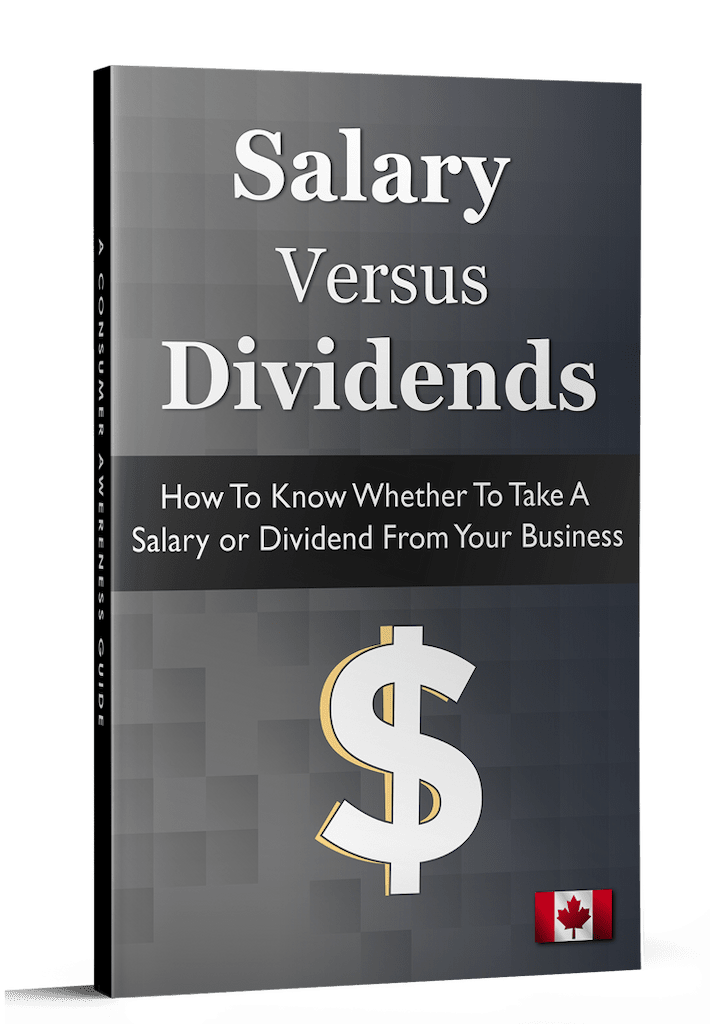
Photo by: RichardBH licensed under Creative Commons Attribution 2.0 Generic
Swimming, canoeing or just chilling on the dock — your kids have grown up spending their summers at the cottage. It’s only natural that you’d want to leave the cottage to your kids when you die. After all, many people can’t afford to buy a cottage of their own. But if you’re not careful with how it’s treated in your will, your family retreat could quickly turn into a burden and a battleground. That’s because, it’s not just an emotional touchstone for your kids — it can also be prohibitive cost-wise to pass on to the next generation. If you want to keep your cottage in the family after you die, then avoid these three pitfalls:
Mistake 1. Doing nothing
You let your kids figure it out once you’re gone — after all, it won’t be your problem anymore. But if you really want your cottage to stay in the family, this is a risky proposition — and it will force your kids to decide between paying a huge tax bill and letting go of the place they love. Why? Because when you die, your cottage will be deemed to be disposed of at “fair market value” — from there, capital gains tax will be drawn from your estate and if there is no money in the estate to pay the tax bill, the cottage will ultimately have to be sold.
Mistake 2. Not talking about it with your kids
You assume your kids want the cottage — so you just leave it to them to split equally. Who wouldn’t want a cottage, right? Seems logical – but if you don’t sit down and talk to your kids about your plans, you are setting the stage for conflict. What if one of your kids doesn’t want it or can’t afford it?
Mistake 3. Assuming your kids will “play in the same sandbox”
Remember when your son was three and wouldn’t let his younger sister touch his train set? While you might think those days are over, don’t underestimate the power of sibling rivalry when it comes to sharing something like a cottage. It can turn your family toxic overnight. Will they get along? Can you reasonably expect them to share expenses, especially if one earns a lot more money than the other?


















